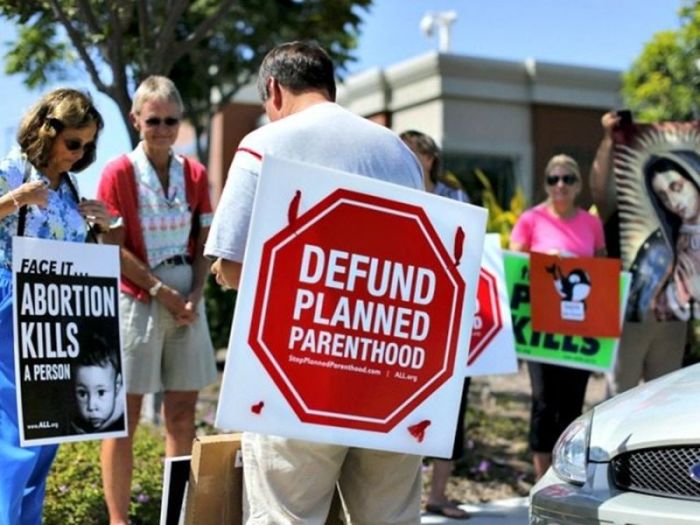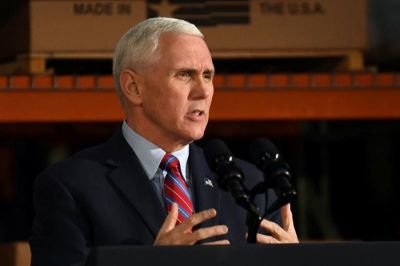Judge Strikes Down Indiana Pro-Life Law Signed by Mike Pence; Appeal Expected

A federal judge has struck down an Indiana law signed by then Governor Mike Pence that bans abortions performed because a baby has Down syndrome or due to a baby's sex.
U.S. District Court Judge Tanya Walton Pratt ruled Friday that the House Enrolled Act No. 1337, signed into law by former Gov. Pence in March 2016, is unconstitutional.
"... although the State's interest in protecting and even promoting potential life is a legitimate one, the Supreme Court has already weighed this interest against a woman's liberty interest in choosing to terminate a pregnancy and concluded that, prior to viability, the woman's right trumps the State's interest," wrote Judge Pratt.

"The Supreme Court has already balanced the parties' interests and concluded that the State's pre-viability interests are simply not strong enough for it to lawfully prohibit pre-viability abortions. Yet HEA 1337 does just that."
Planned Parenthood of Indiana and Kentucky and the America Civil Liberties Union, the pro-choice groups that brought the lawsuit against the Indiana law, celebrated the decision.
Christie Gillespie, president and CEO of PPINK, said in a statement released Monday that she had been "confident" that Pratt would rule in their favor.
"Every person deserves the right to make their own personal decisions about abortion. There is no medical basis for these restrictions," stated Gillespie.
HEA 1337 was signed into law in March 2016 by then Governor Pence, which banned abortions performed on the basis of race, gender, or disability.
In a statement released at the time of the bill becoming law, Pence called HEA 1337 "a comprehensive pro-life measure that affirms the value of all human life."
"I believe that a society can be judged by how it deals with its most vulnerable — the aged, the infirm, the disabled and the unborn," stated Pence.
"By enacting this legislation, we take an important step in protecting the unborn, while still providing an exception for the life of the mother. I sign this legislation with a prayer that God would continue to bless these precious children, mothers and families."
For his part, Indiana Attorney General Curtis Hill has stated that he intends to appeal the Pratt decision, telling local media outlet IndyStar that the ruling "has cleared the path for genetic discrimination."
"This state has a compelling interest in protecting the dignity of the unborn and in ensuring they are not selected for termination simply because they lack preferred physical characteristics," said Hill.
"Further, requiring that the remains of deceased unborn children be accorded at least the dignity of low-cost burials or cremation is hardly an impingement of anyone's individual rights."




























